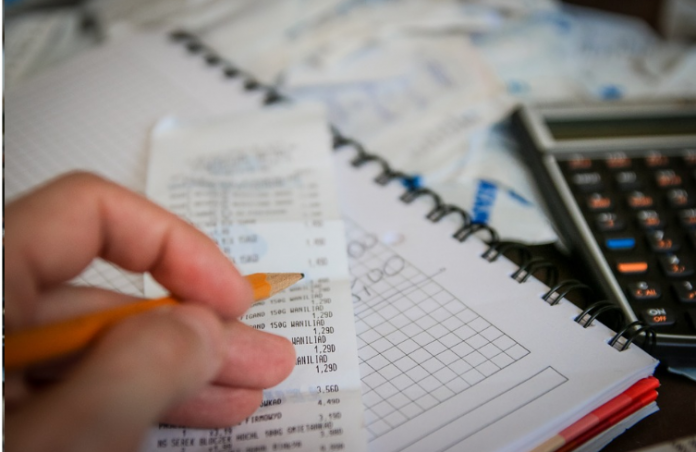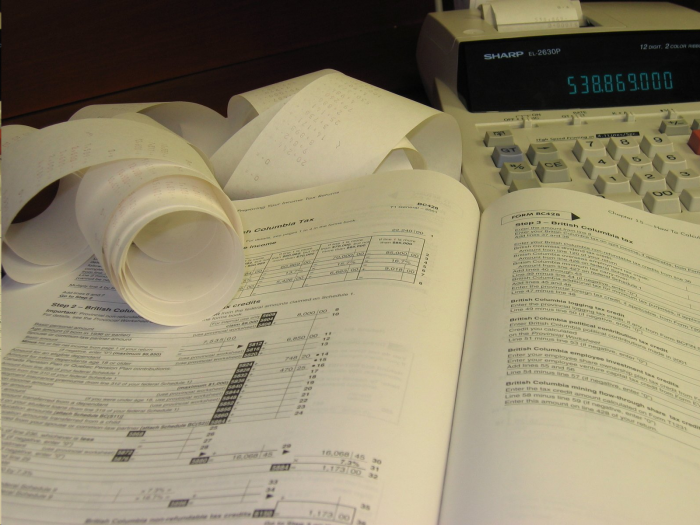Part of your responsibility as a homeowner is paying property taxes on your home. If you don’t practice diligence and set aside money during the year to pay your property tax, you might find yourself short of cash at the end of the year as the tax falls due.
The First Lien Is with the Property Tax Agency
In case you don’t pay your property tax, the first lien falls with your property tax agency. This agency is superior to your mortgage and other debts that may accrue on your title, such as state income and IRS tax liens or creditor judgment liens. That means your local property tax agency has the right to foreclose on your property and seize it in case you do not pay the taxes due. The local property tax agency has the right to take your property away not just from you but from your lender as well. However, to prevent that, the mortgage lender usually pays the back taxes on the property on your behalf to hold the property.
You can be sure, however, that the mortgage lender will recover that money from you by including it in the cost of the mortgage. In fact, most mortgage contracts are written in such a way that the mortgage lender has every right to pay off back property taxes and then charge you the arrears, usually with the threat of foreclosure. That means you may be current on your mortgage payments but being behind on property taxes could still put you in danger of losing your home. The typical situation, however, is that people who are behind on their property taxes tend to be struggling with their property taxes as well.
You may feel tempted to sell your property to recover your equity in that property or at least to prevent a foreclosure. However, this is not necessarily always your best option. Here are a few tips you can consider.
1. Bankruptcy
This is a Chapter 7 filing and involves declaring straight bankruptcy. This filing can put all of your other financial obligations on hold, therefore allowing you to direct your finances to your property taxes and your mortgage. It can also buy you time to sell your home, although that’s usually a maximum of a few months, depending on how well you or your lawyer can convince your mortgage lender.
2. Adjustment of Debts
This is a Chapter 13 filing and can give you a large amount of time to catch up on your payments, which is typically up to five years. This is enough time for you to not only catch up on your payments but also to get a good price for your home in case you’re planning on selling it.
3. Property Tax Relief
It’s possible to arrange for a friendly tax payment plan with your local property tax agency. You can ask whether you’re eligible for a deferral program, which means the state will pay for your property taxes in the interim. You will then only pay a portion that is a given percentage of your annual income. Note, however, that this is a loan and that you must pay with interest. Meanwhile, it places a lien on your home. Alternatively, you could take a property tax loan from institutions like the Texas Property Tax Loans LLC and pay off your taxes while owing the institution money instead of the state.
Find a Home-Based Business to Start-Up >>> Hundreds of Business Listings.


















































